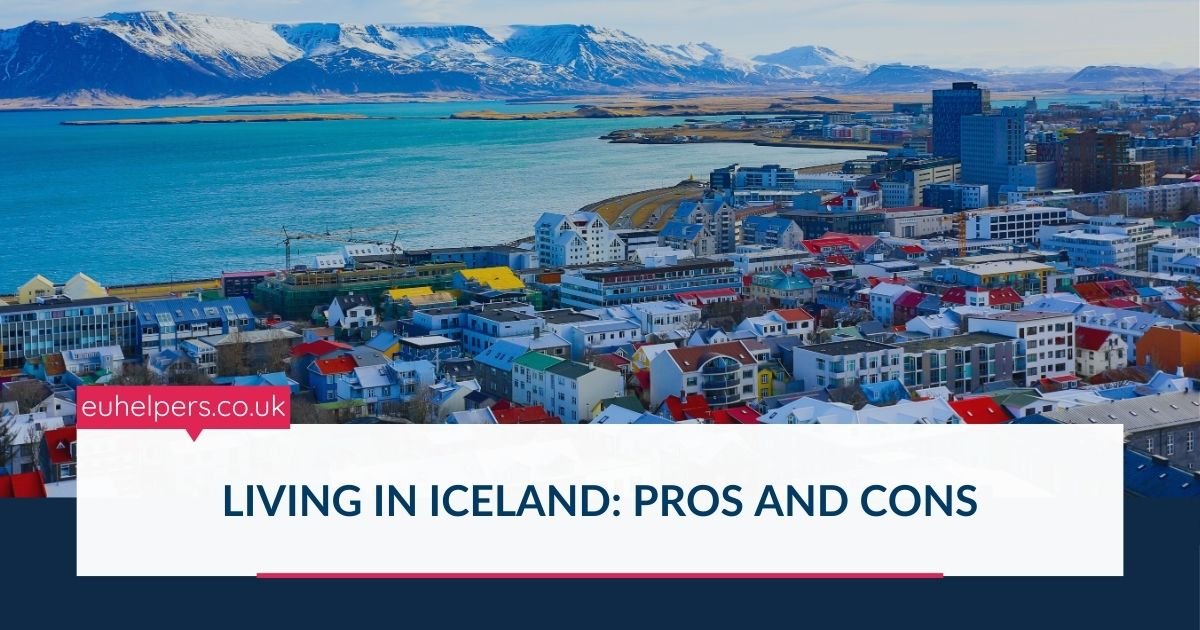Iceland has become an increasingly attractive destination for foreign workers, offering unique experiences and solid employment opportunities. While life in this Nordic island nation has many appealing aspects, it also comes with challenges that are worth considering before making the move.
Advantages of Living in Iceland
1. High Earnings
One of the most compelling reasons to work in Iceland is the competitive salary. Wages are among the highest in Europe, making it possible for workers to earn a solid income and enjoy a good quality of life.
2. Demand for Foreign Workers
Iceland has a high demand for international labor, particularly in industries such as tourism, construction, fishing, and hospitality. Many employers welcome foreign workers, making it easier to find job opportunities.
3. No Extra Employment Formalities
For citizens of the European Union and EEA countries, working in Iceland is straightforward—no additional permits or visas are required. This simplifies the process and makes relocation more accessible.
4. High Standard of Living
Iceland boasts an excellent standard of living, with modern infrastructure, low crime rates, and a strong healthcare and education system. Public services are well-developed, and life is generally safe and stable.
5. Happiness and Well-Being
Iceland consistently ranks high in global happiness indexes. According to the latest World Happiness Report, it currently holds the 4th place, thanks to its strong community values, work-life balance, and environmental consciousness.
Disadvantages of Living in Iceland
1. High Cost of Living
While wages are high, so are living expenses. Everything from groceries to housing and transportation can be significantly more expensive than in other European countries.
2. Geographic Isolation
Iceland’s remote location means that travel to and from the island requires air transport, making it more expensive and less convenient to visit family or travel within Europe.
3. Harsh Weather and Climate
Iceland’s climate can be a challenge. Summers are cool, with average temperatures reaching only around +12°C, and winters are long and dark, featuring polar nights—a period during which daylight can last as little as 4 hours per day.
Living in Iceland can be a rewarding experience with high wages, a strong job market, and exceptional quality of life. However, it’s important to weigh these benefits against the cost of living, climate, and geographic isolation. For those who can adapt to the environment, Iceland offers a unique and enriching place to live and work.








